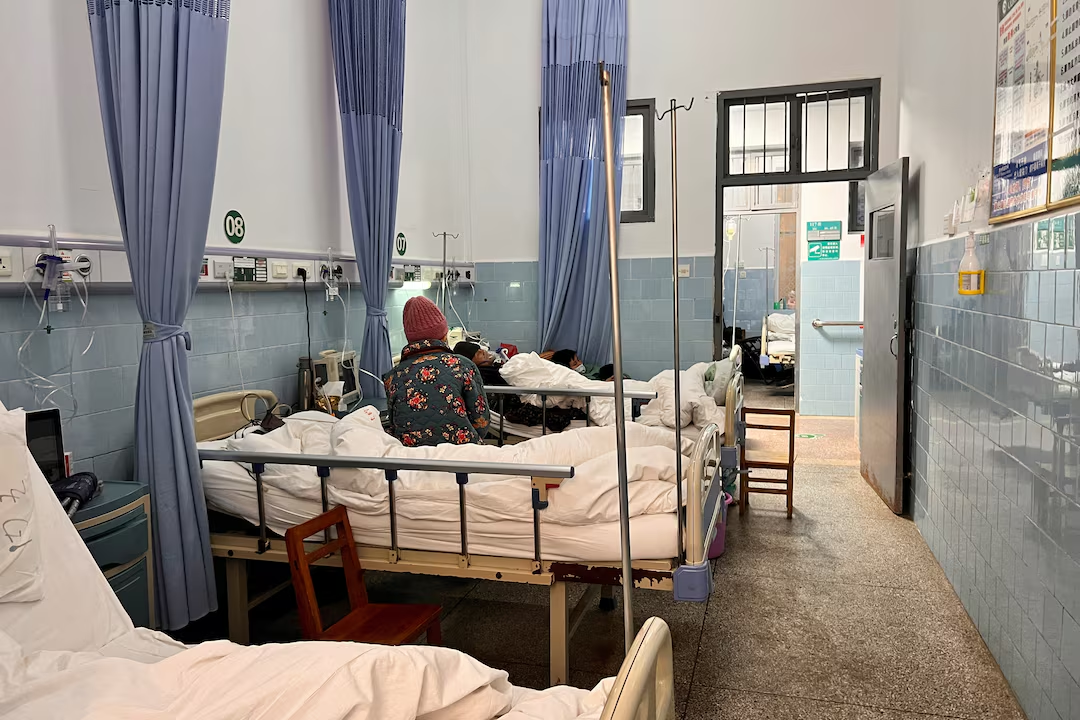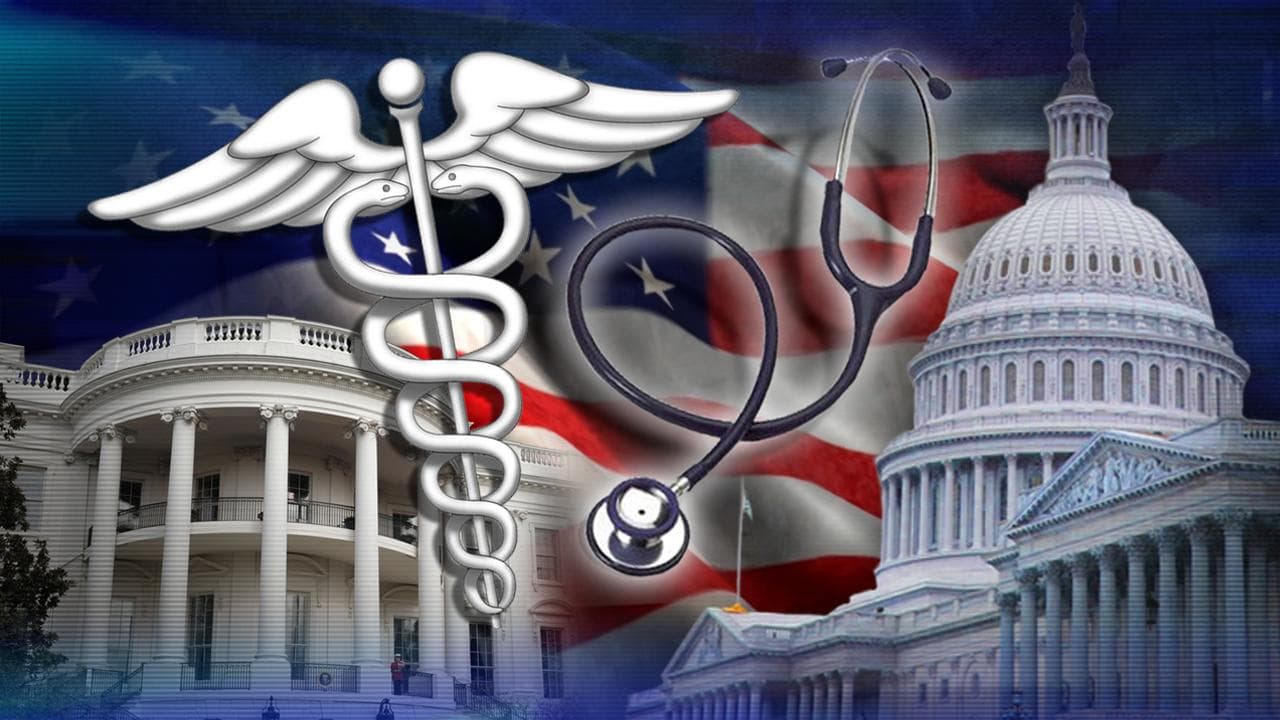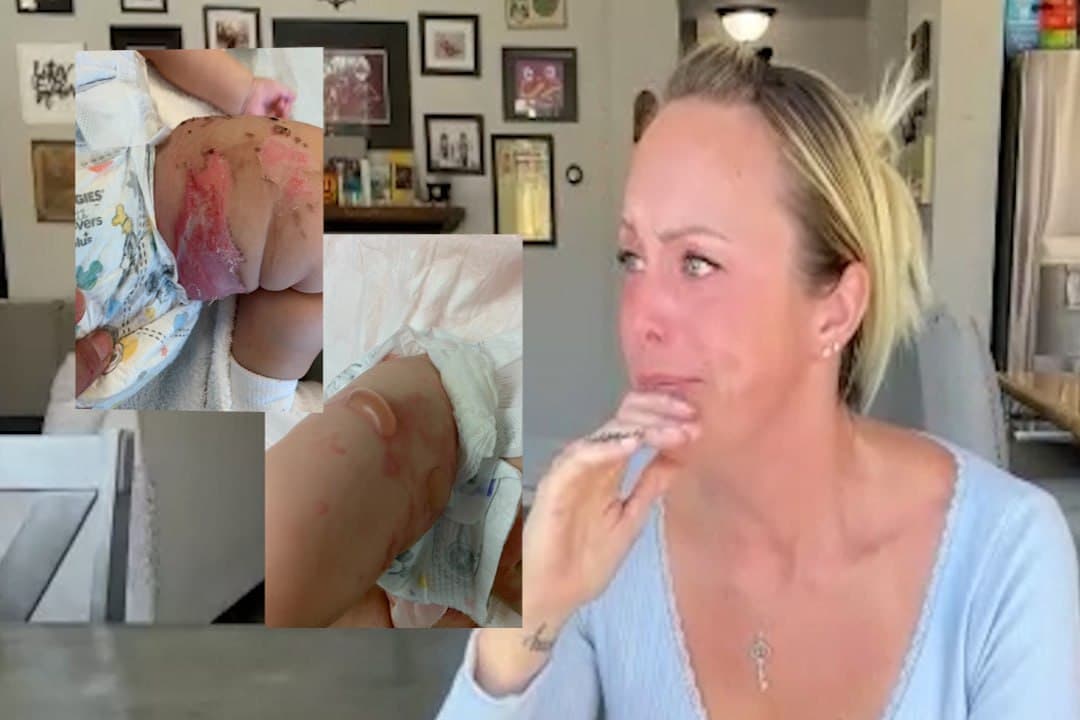McCook, NE – In a devastating blow to healthcare access in rural America, a small clinic in Curtis, Nebraska, has announced its closure, citing the dire consequences of President Donald Trump’s recently signed budget legislation slashing Medicaid funding by $1 trillion. This closure is not just a statistic; it represents a lifeline severed for the 900 residents who depended on the Curtis Medical Center for essential health services. With the community already facing economic hardships, the loss of this clinic will amplify the healthcare crisis in an area that overwhelmingly supported Trump in the last election.
Healthcare Crisis in Rural America
The Curtis Medical Center’s shutting down echoes a growing trend among rural healthcare facilities struggling to stay afloat amidst crippling financial pressures. According to the Boston University, Medicaid cuts threaten the health of millions, particularly in rural regions where access to care is already tenuous. The Nebraska Hospital Association has warned that these cuts will lead to widespread service losses in hospitals that are already operating in the red. The consequences of these budget reductions are not just numbers on a spreadsheet; they represent real families who will face delays in treatment, increased travel times for care, and in many cases, the loss of life.
One Big Beautiful Bill Act Deconstructed
Trump’s “One Big Beautiful Bill Act,” which passed with a razor-thin margin, includes steep cuts to Medicaid and food assistance programs, while offering substantial tax breaks to corporations and the wealthy. This bill, which Trump touted on his social media platform as a triumph, is a glaring example of how the administration prioritizes the interests of the affluent over the needs of working-class Americans. The Congressional Budget Office estimates that 12 million people could lose health insurance due to these cuts, a statistic that should alarm anyone concerned about public health and equity.
\n\n
University of Nebraska Medical Center | Nebraska Educational …
Local Leaders and Community Response
Local healthcare leaders are sounding the alarm. Troy Bruntz, CEO of the Community Hospital in McCook, stated, “The current financial environment, driven by anticipated federal budget cuts to Medicaid, has made it impossible for us to continue operating all of our services.” This sentiment is echoed by healthcare advocates who fear that the Curtis closure may be just the beginning of a wave of hospital shutdowns across rural America. The Democratic Congressional Campaign Committee labeled this closure a “devastating” consequence of GOP policies, warning it could set a dangerous precedent for other rural hospitals.
Political Ramifications and Public Outcry
The political fallout from the closure of the Curtis Medical Center is profound. House Minority Leader Hakeem Jeffries described the legislation as an “extraordinary assault on the healthcare of the American people.” Critics argue that Republicans are defunding healthcare to subsidize tax cuts for the wealthy, a claim that resonates deeply with constituents who are now grappling with the fallout of these policies. Public sentiment is shifting as well; a recent Quinnipiac poll indicates that 55% of Americans oppose the bill.
\n\n
China"s ageing villages face yawning healthcare gap in ...
Healthcare Access and Equity Threatened
The implications of these Medicaid cuts extend beyond immediate healthcare access; they threaten the very fabric of medical equity. According to research from Johns Hopkins University, cuts to Medicaid could result in poorer health outcomes, including increased mortality rates among vulnerable populations. As the Curtis Medical Center closes its doors, it symbolizes a broader systemic failure to prioritize the health and well-being of low-income and rural communities. The reality is clear: when healthcare access is compromised, lives are at stake.







![[Video] Gunfire between Iraqi security forces and Sadr militias in Baghdad](/_next/image?url=%2Fapi%2Fimage%2Fthumbnails%2Fthumbnail-1768343508874-4redb-thumbnail.jpg&w=3840&q=75)
